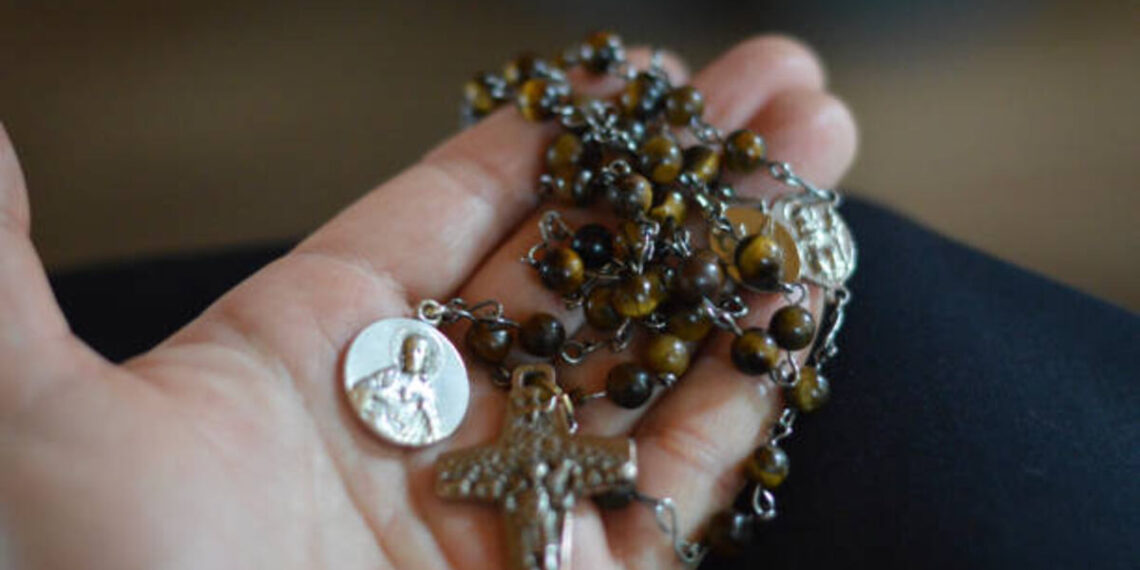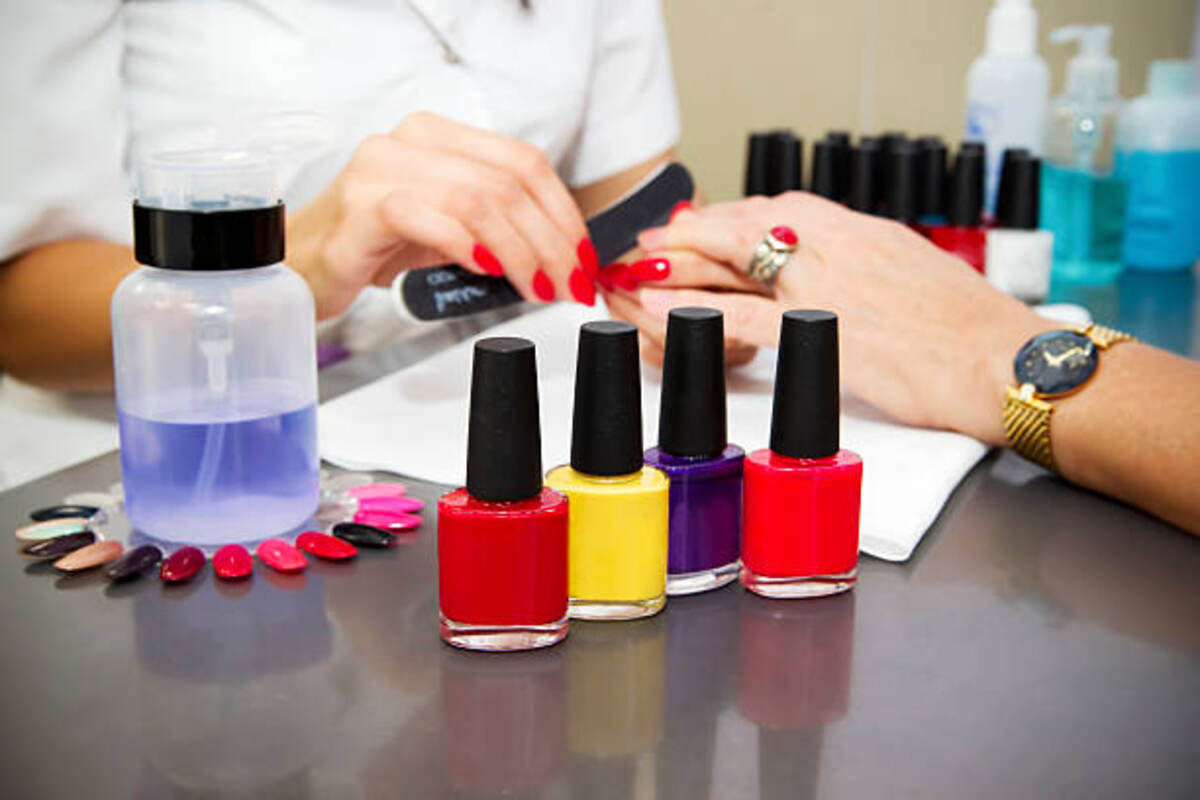A daith piercing is located in the innermost fold of your ear cartilage. It’s a bit more hidden than other piercings, but that’s part of its charm. Typically, a barbell or a heart-shaped ring is used for this type of piercing, which makes it stand out even more.
The Anatomy of a Daith Piercing
The daith piercing is situated in the crus of the helix, the innermost cartilage fold of the ear. This unique placement means the piercing is tucked away, providing a subtle yet intriguing look. The anatomy of the ear makes this piercing more challenging, requiring precision and expertise from a professional piercer.
Jewelry Options
Jewelry choices for Daith piercings are diverse and can range from simple barbells to ornate heart-shaped rings. Barbells are typically recommended for initial piercings due to their ease of cleaning and straightforward design. As the piercing heals, you can explore more decorative options like clickers, hoops, or custom designs.
Popularity and Cultural Significance
While daith piercings are currently trendy, they also have cultural significance in various parts of the world. In some cultures, ear piercings are seen as symbols of status, spirituality, or rites of passage. Understanding the cultural context can add another layer of appreciation for this unique piercing.
The Aesthetic Appeal
Unique and Stylish
If you’re someone who loves to stand out in a crowd, a daith piercing might be for you. The placement itself is unique, and the variety of jewelry available—from barbells to heart-shaped rings—offers endless customization options. Whether you’re into minimalist designs or something more ornate, there’s a daith-piercing style to match your taste.
Daith piercings allow for a level of personalization unmatched by many other types of piercings. You can choose from various metals, gemstones, and shapes to create a look that’s uniquely yours. The hidden placement also adds an element of surprise, revealing a beautiful piece of jewelry only upon closer inspection.
Complements Other Piercings
One of the best things about a daith piercing is how well it pairs with other ear piercings. You can easily create an ear constellation that’s both stylish and eye-catching. Mix and match with helix, tragus, and lobe piercings to make a statement that’s all your own.
Combining multiple piercings can create a cohesive and artistic ear design. The daith piercing acts as a central piece that ties together various other piercings, adding depth and dimension to your ear’s appearance. Its versatility ensures it can seamlessly blend with any existing piercings you may have.
Versatility in Fashion
The daith piercing’s subtlety makes it a versatile accessory that can fit any fashion style. Whether you’re dressing up for a formal event or keeping it casual, a daith piercing can complement your outfit without overpowering it. Its ability to blend with different styles makes it a timeless addition to your accessory collection.
Potential Health Benefits
Migraine Relief
One of the most talked-about benefits of daith piercing is its potential to relieve migraines. Some people believe that the piercing works similarly to acupuncture, targeting a pressure point that can help reduce the frequency and intensity of migraine attacks. While scientific evidence is still inconclusive, many migraine sufferers swear by it.
The theory behind this benefit is rooted in acupuncture, where specific points on the body are stimulated to alleviate pain and other symptoms. The daith piercing is believed to target a key pressure point associated with the head and neck. While more research is needed to confirm these effects, anecdotal evidence suggests it may offer relief for some individuals.
Anxiety and Stress Reduction
Another potential benefit is the reduction of anxiety and stress. Similar to its supposed effects on migraines, daith piercing is thought to influence specific pressure points that help in calming the mind. Again, while more research is needed, some people find it helpful for managing anxiety symptoms.
The calming effects are thought to stem from the piercing’s impact on the vagus nerve, which plays a role in regulating stress and anxiety. By stimulating this nerve, the piercing may help promote a sense of relaxation and well-being. Though not a substitute for medical treatment, some individuals find it a valuable complement to their anxiety management strategies.
Other Potential Benefits
Some people report additional benefits from their daith piercings, including improved sleep and reduced symptoms of chronic pain. While these claims are mainly anecdotal, they highlight the diverse potential effects of this unique piercing. As with any health-related intervention, individual experiences can vary widely.
The Piercing Process
What to Expect
Getting a Daith piercing is a bit more complex than a standard ear piercing due to its location. Here’s a quick rundown of what you can expect:
- Consultation: Your piercer will discuss the process and answer any questions you might have.
- Cleaning: Your ear will be cleaned thoroughly to prevent infection.
- Marking: The piercer will mark the exact spot where the needle will go.
- Piercing: A hollow needle is used to make the piercing, followed by the insertion of your chosen jewelry.
During the consultation, you’ll have the opportunity to discuss your preferences and any concerns you might have. The cleaning step is crucial for preventing infections and ensuring a safe and hygienic procedure. Marking the spot precisely helps the piercer achieve the desired look and placement.
Pain Level
Let’s be honest: getting a daith piercing can be more painful than a regular lobe piercing. The cartilage is thicker, and the area is a bit more sensitive. However, the pain is generally quick and manageable. Most people describe it as a sharp pinch that lasts only a few seconds.
The pain level can vary depending on your pain tolerance and the skill of the piercer. Some people find the experience more uncomfortable due to the pressure and the sensation of the needle passing through the cartilage. However, the discomfort is usually brief, and the result is often worth the temporary pain.
Finding a Reputable Piercer
Choosing a skilled and reputable piercer is essential for a safe and successful daith piercing. Look for professionals with positive reviews, proper certifications, and a clean, well-maintained studio. A good piercer will also provide thorough aftercare instructions to ensure your piercing heals properly.
Aftercare Tips
Proper aftercare is crucial to ensure your piercing heals nicely and looks great. Here are some tips:
Clean Regularly
Use a saline solution to clean the piercing twice a day. This helps to remove any bacteria and debris that could cause infections. Avoid using alcohol or hydrogen peroxide, as these can be too harsh and delay the healing process.
Avoid Touching
Try not to touch or twist the jewelry to avoid irritation. Your hands can introduce bacteria to the piercing site, leading to potential infections. If you must feel it, make sure your hands are clean to minimize the risk of complications.
Watch for Signs of Infection
Redness, swelling, and discharge are signs that something might be wrong. Consult your piercer or a healthcare provider if you notice these symptoms. Early intervention can prevent more serious issues and ensure your piercing heals correctly.
Be Patient
Healing can take anywhere from 6 to 9 months. Throughout this period, it’s important to be diligent with aftercare. Avoid changing the jewelry too soon, as this can disrupt the healing process and cause complications.
Additional Aftercare Tips
Consider avoiding swimming in pools or hot tubs during the initial healing period, as these environments can introduce bacteria to the piercing site. Sleeping on the opposite side of the piercing can also help reduce pressure and irritation. Following these additional tips can further support a smooth healing process.
Choosing the Right Jewelry
Barbell vs. Heart-Shaped Ring
When it comes to daith piercing jewelry, you have a couple of popular options. Barbells are a classic choice and are often recommended for the initial piercing due to their simple design and ease of cleaning. Heart-shaped rings are another favorite and add a whimsical touch to your look. Both options are stylish and can be swapped out once the piercing has fully healed.
Barbells are straightforward and practical, making them ideal for the initial healing period. Once your piercing has healed, you can experiment with more decorative options like heart-shaped rings or custom designs. Each type of jewelry offers its unique charm, allowing you to personalize your look.
Material Matters
Opt for high-quality materials like surgical steel, titanium, or gold to minimize the risk of allergic reactions and infections. These materials are hypoallergenic and durable, making them ideal for new piercings. Avoid cheap, low-quality metals that can cause irritation and complicate the healing process.
Investing in high-quality jewelry ensures that your piercing not only looks good but also remains healthy. Materials like surgical steel and titanium are known for their biocompatibility, reducing the risk of adverse reactions. Gold is another excellent option, offering both beauty and safety for your new piercing.
Custom Jewelry Designs
For those looking to make a statement, custom jewelry designs are a fantastic option. Many jewelers offer bespoke pieces tailored to your style and preferences. Custom designs allow you to create a one-of-a-kind look that truly reflects your personality.
Common Questions
How Long Does It Take to Heal?
Daith piercings typically take 6 to 9 months to heal fully. During this time, it’s crucial to follow aftercare instructions to avoid complications. Patience and diligence are vital to ensuring a smooth healing process.
Healing times can vary depending on factors like your overall health and how well you follow aftercare guidelines. Regular cleaning and avoiding irritants are essential for promoting healing. If you experience any issues, consult your piercer or a healthcare provider for advice.
Can I Change the Jewelry Myself?
While it’s tempting to change your jewelry as soon as possible, it’s best to wait until the piercing is fully healed. When you’re ready, consider having a professional do it to avoid any issues. Changing the jewelry too soon can disrupt the healing process and increase the risk of infection.
If you decide to change the jewelry yourself, ensure you follow proper hygiene practices. Wash your hands thoroughly and use sterilized tools to minimize the risk of introducing bacteria to the piercing site. However, professional assistance is always the safest option.
Is It Worth It for Migraine Relief?
The effectiveness of daith piercings for migraine relief varies from person to person. While some people experience significant benefits, others may not notice any change. If you’re considering it solely for migraine relief, it’s essential to have realistic expectations and consult with a healthcare provider.
Research on the effectiveness of daith piercings for migraine relief is still inconclusive. However, many individuals report positive outcomes, making it a potential option for those seeking alternative migraine treatments. Always consult with a healthcare professional before making decisions based on anecdotal evidence.
Final Thoughts
Daith piercings offer a unique way to express your style while potentially providing health benefits like migraine relief and anxiety reduction. Whether you’re drawn to its aesthetic appeal or its rumored health perks, this piercing is worth considering. Just remember to choose a reputable piercer, follow aftercare instructions diligently, and enjoy your new look!
So, are you ready to take the plunge and get a Daith piercing? Whether it’s for the style or the potential health benefits, this unique piercing has a lot to offer. Happy piercing!
Read also:










